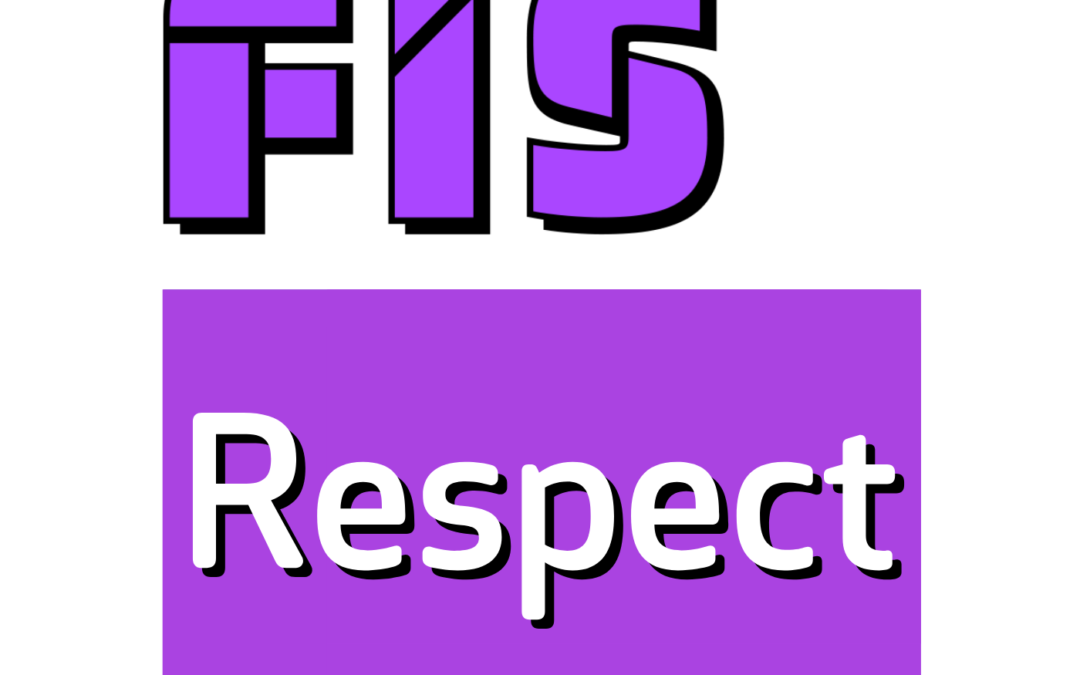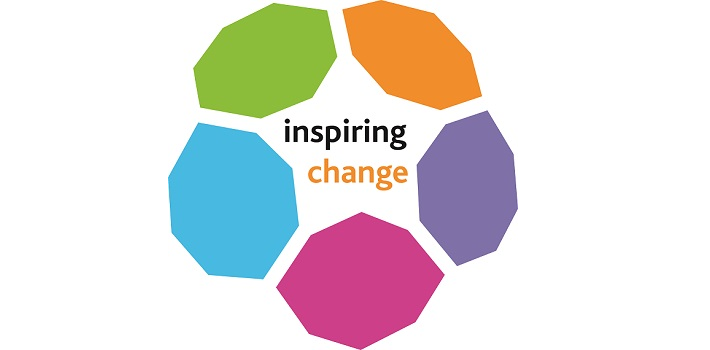
FIS Introduces New Respect Policy
At the FIS AGM and Awards last week FIS President Helen Tapper emphasised the importance of a redoubling of efforts from the organisation and wider community to ensure that, amidst the worst skills shortage we have known, that we are ensuring that our sector is attractive to all in our society. To help achieve this aim FIS have launched a new FIS Respect Policy.
As the Trade Body for the £10 billion finishes and interiors sector, FIS is committed to encouraging equality, diversity and inclusion within our workforce and across the wider sector – eliminating unlawful discrimination and ensuring the sector and the businesses therein understand the importance and are equipped to support all individuals within our community.
The aim of this work is to ensure respect is a core value and reflected in all behaviour within our community and to ensure that the sector becomes truly representative of all sections of society.
The policy’s purpose is to:
- guarantee all those working in the sector are respected and feel safe and are able to be open about who they are and contribute as their best self.
- provide equality, fairness and respect for all in our employment, whether temporary, part-time or full-time.
- not unlawfully discriminate because of the Equality Act 2010 protected characteristics of age, disability, gender reassignment, marriage and civil partnership, pregnancy and maternity, race (including colour, nationality, and ethnic or national origin), religion or belief, sex and sexual orientation.
- oppose and avoid all forms of unlawful discrimination. This includes in pay and benefits, terms and conditions of employment, dealing with grievances and discipline, dismissal, redundancy, leave for parents, requests for flexible working, and selection for employment, promotion, training or other developmental opportunities.
In launching the FIS Respect Policy, FIS CEO, Iain McIlwee stated:
“This policy sets out our stall, not just as an organisation, but as a community. I recently completed the training to become a Fairness, Inclusivity and Respect (FIR) Ambassador and frankly I had a lot to learn – still do. It isn’t just about what we do as individuals, it is about how we encourage and lead by example and targeted intervention.
The vital take away though was we need to be reflective, seeking to understand not to defend and encourage others in our influence to be better. We need to be better, not just because it is the right thing to do morally, socially and professionally – the fact is that we are short people, but still behave and communicate in ways that limits our potential to recruit and can turn people away from our sector. I encourage all members to have a look through this policy and, if they can use to strengthen their own focus, great or if they can see areas we can tighten and improve, feed them in. The core message of FIS is an inclusive one, together we are stronger.”
FIS members can download the policy via the FIS Fairness, Inclusivity and Respect Toolkit here (including Iain’s blog on becoming a FIR Ambassador).
FIS is supporting the Inspiring Change Conference and Awards a cross-section construction event focussed on improving FIR in our sector and businesses – the event takes place on Tuesday 30th November in London




